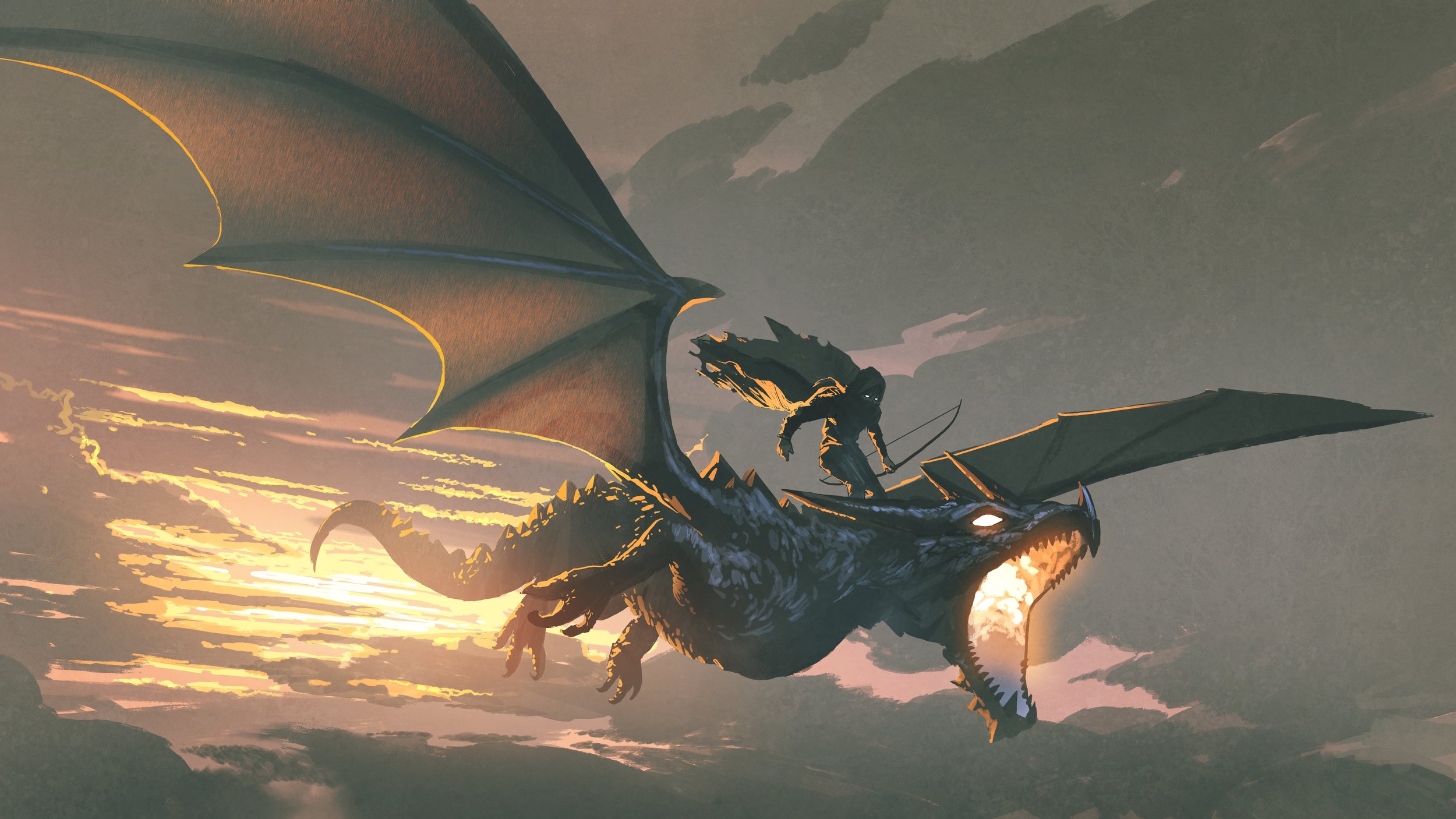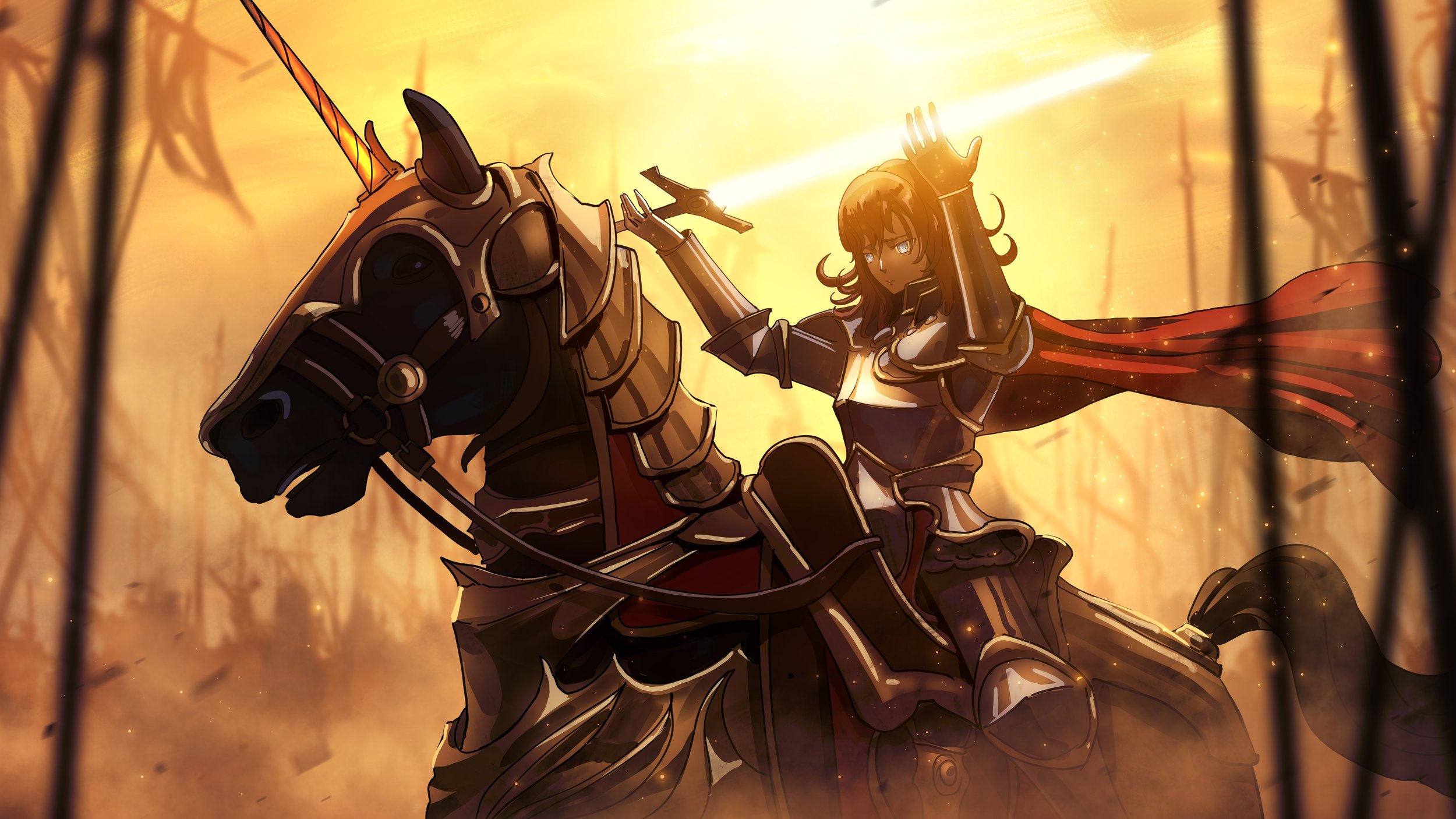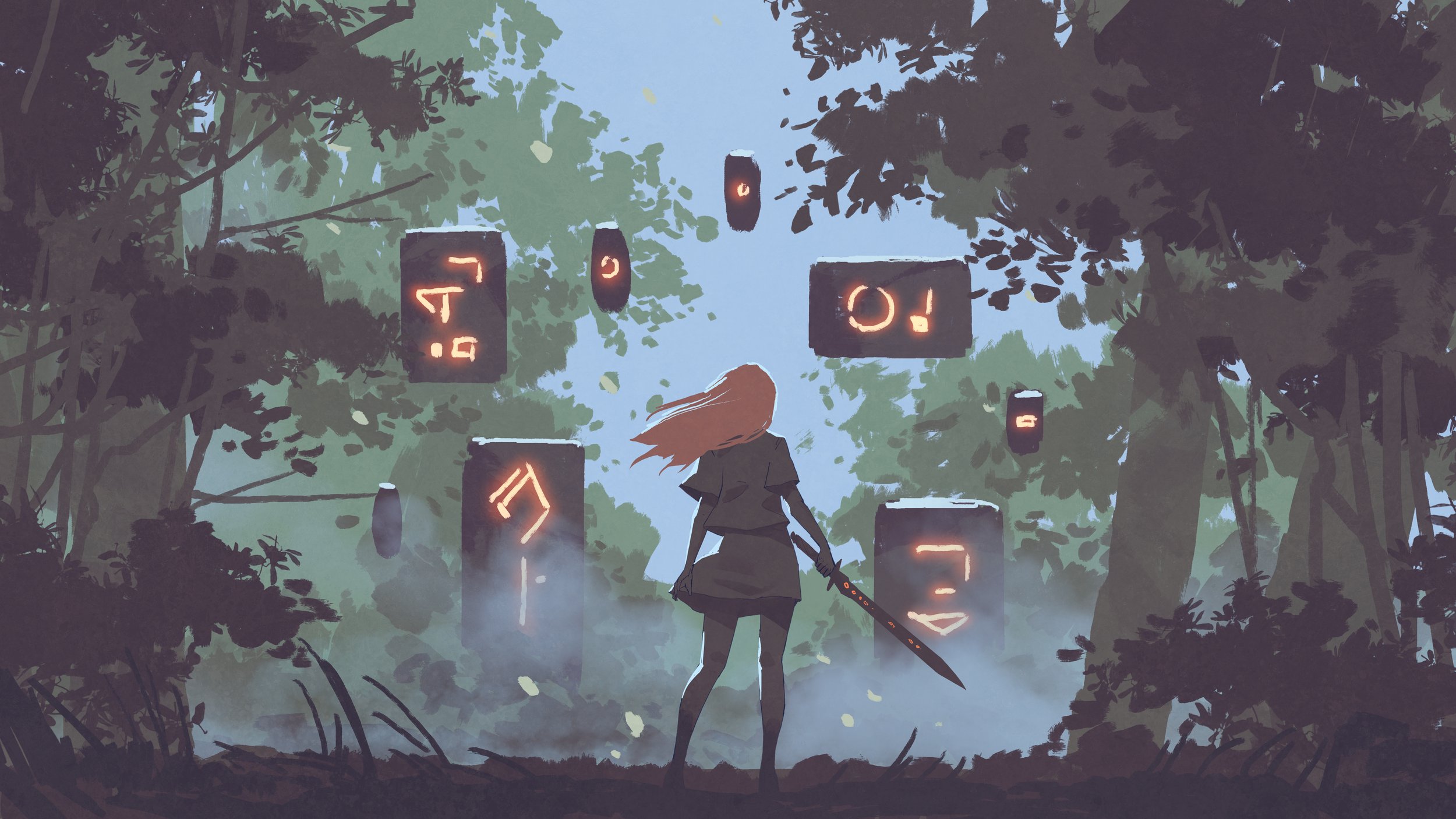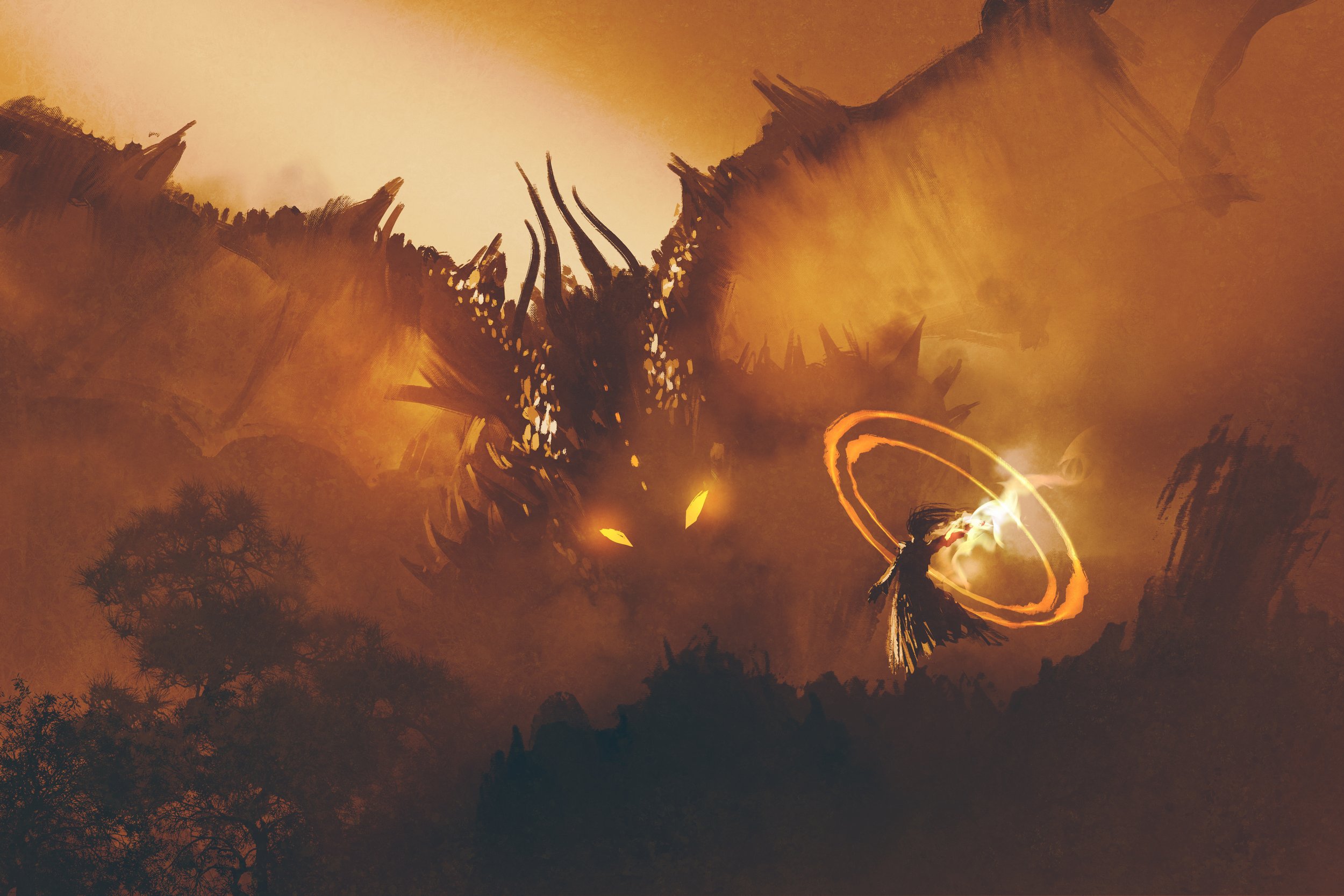No, Nerds Are Not Today’s Cool - by a self-proclaimed nerd
“Nerds are the New Cool” but have things really changed for those that are bullied by others?
This article includes affiliate links. If you purchase through an affiliate link, I earn a small amount from qualifying purchases.
The last few years have seen everything from comic book superheroes to Dungeons & Dragons in the spotlight. While the media has celebrated and flashed headlines like “Nerds have taken over,” “Why Nerds are Popular,” and “Nerds are the new cool.”
Gone are the days of nerds being cast as pathetic losers. Modern-day nerds are portrayed as smart, passionate, respectful, and financially successful. But for all the positive changes, are today’s nerds truly accepted as cool?
What is a Nerd?
Nerd is a relatively new word. Its earliest publication was by Dr. Seuss in 1950 as a nonsensical word. In If I Ran the Zoo, the main character, Gerald McGrew wants to find new bizarre to add to his fantasy zoo:
“And then, just to show them, I’ll sail to Ka-Troo
And Bring Back an It-Kutch, a Preep, and a Proo,
A Nerkle, a Nerd, and a Seersucker too!”
The following year, the word started to take on its more well-known connotation when Newsweek published an article discussing the slang Detroit youth:
“someone who once would be called a drip or a square is now, regrettably, a nerd, or in a less severe case, a scurve.”
By the 1970s, the concept of the uncool nerd was fully engrained in our culture. In the popular TV series Happy Days, the gullible and clumsy character of Potsie was often called a nerd. He was portrayed as the opposite to the motorcycle riding, leather-jacketed, and ultimately cool Fonzie.
Ten years later, the modern stereotypical nerd was solidified in our culture. Nerds were physically weak, lacking all sense of style, unattractive, and often wore glasses. They were book smart but lacked any street smarts. Unable to develop romantic relationships, they were seen as lonely losers that had few friends and were seen as societal outcasts.
The Changing Face of Nerds
The boom of Silicon Valley in the 1990s changed the way that nerds were seen in the media. Previous outcasts were cast into the spotlight as Bill Gates, Larry Page, Steve Jobs, and others became huge successes.
“Be nice to nerds. Chances are you’ll end up working for one.”
- Charles J Sykes (though often attributed to Bill Gates)
The 1990s was a boon to fantasy and science fiction as well, both classically considered prime nerd territory. Harry Potter was released in 1997, and 1999 saw the release of the first new Star Wars movie in 20 years and the first film in the Matrix trilogy.
A few years later, Tolkien became mainstream with Peter Jackson’s Lord of the Rings in 2001. And former comic books found huge successes with Iron Man in 2008 and Man of Steel in 2013.
It seems that it is no longer considered a bad thing to be a nerd in recent times. T-shirts and clothing proudly proclaim their wearer as “Nerd” and “Geek.” There was the rise of new media like Slashdot, which advertised as “News for Nerds.” Shows like The IT Crowd and The Big Bang Theory have been huge successes. Even a new Spanish holiday was created on May 25th - Nerd Pride Day (on the anniversary date of the release of Star Wars, A New Hope.) And Dungeon and Dragons, once the embodiment of nerdom, had its best year ever in 2020.
“I think that nerds, if you want to call them that, have only gotten hipper and more assimilated into the culture.”
- Al Yankovic.
Modern-day nerds are represented as someone that is highly intelligent, interesting, respectful, and very successful. They are still seen as socially awkward but typically in a positive, lovable way. Nerds are seen as passionate about their hobbies and take pride in labeling themselves as “nerds.” People self-label themselves as book nerd, food nerd, gaming nerd, science nerd, etc., and are seen as those that passionately embrace their subjects.
Has it Really Changed?
The Oxford Dictionary is considered to be one of the most authoritative definitions of the English language. But as of 2021, their definition of nerd has not changed much and is not overly positive.
Noun:
A foolish or contemptible person who lacks social skills or is boringly studious
A single-minded expert in a particular technical field.
Intransitive Verb:
Engage in or discuss a technical field obsessively or with great attention to detail
1.1 Be or become extremely excited or enthusiastic about a subject, typically one of specialist or minority interest.
For all the progress, nerds are still seen by many as losers. Students that are smart, shy, or socially inept are still the target of harassment by their peers. The word “nerd” is still thrown as an insult, along with dweeb, dork, geek, loser, and a host of other names used by school bullies. Nerds are still seen at the bottom of most school clique hierarchies and are treated by many as outcasts.
Nerds and Bullying
Whether through physical, verbal, or online harassment or through social exclusion, nerds have been the target of bullying by others for decades.
Many modern celebrities that enjoy nerd hobbies will attest to the pains of being bullied as children. For example:
Many successful celebrities that enjoy typical nerd hobbies such as comics, DnD, and video games, will attest to the pains of being bullied as children.
Henry Cavill: The face of Superman and The Witcher
Fan of World of Warcraft and an avid reader
Bullied in school for being a quiet overweight kid that kept to himself
Joe Magliano: Actor and Critical Role star
Picked on in middle school for being a skinny kid with glasses
Mila Kunis: Model and Actress
Fan of board games and self-proclaimed Trekkie
As a child found fellow classmates very cruel
Megan Fox: Actress
Comic book and graphic novel fan
Ate her lunch in the bathroom to avoid schoolroom bullies
“Everyone's a nerd inside. I don't care how cool you are.”
- Channing Tatum
And while it can be claimed that these incidents were based on the older stereotypes seen in the 80s and 90s, the rates of bullying are still high. In the US, one out of five students reports being bullied. And up to 65% of bullying is not reported to officials. Another report from 2019 claimed that over half the students surveyed stated that they had been bullied in the last 30 days.
The most likely targets with victims of school bullying tending to have the following characteristics:
• Successful academically
• Creative
• Introverted
• Isolated
• Differentiating physical appearance,
• Have hobbies, interests, or values different than their peers
Based on the previous stereotypes, it definitely seems that these victims are the nerds of today.
And for many, that bullying does not end in the classroom. A 2021 WBI study on bullying in the workplace found that 30% of Americans are bullied at work. And up to 43% of remote workers report being similarly harassed.
The recent pandemic has also seen a rise in bullying against nerds. The politicization of science has turned many people against those that have a more academic or scholarly background. From news reports to neighbors, nerds are often targeted.
And one of the most ironic forms of bullying by other nerds. There are corners of almost every fandom where people have a nerdier-than-thou attitude. Newbies and those that lack the time or interest to delve deeply into the subject are criticized for not being nerdy enough. Ironically, often by those that were themselves bullied for their deep interest in the first place.
“Introduced my wife to Skyrim, haven’t had a sandwich in weeks.”
- Internet meme
Women, in particular, are vulnerable to insults. The concept of “fake nerds” and that women are only pretending to be nerdy in order to get attention. It is a sad irony that those girls who have a genuine interest in a nerdy hobby are being made to feel like outsiders within pursuits traditionally embraced by those that themselves felt like outsiders.
The Future of Nerds
While many aspects of nerd culture have become more acceptable and mainstream, nerds are not yet fully accepted in our society. Far too often, we are still met with insults, bullying, and the term is seen as negative by many in society.
Being a nerd is not just about playing DnD or video games. It’s not just about reading fantasy books or being good with computers. Being a nerd is about feeling like an outsider and wanting a place to belong.
We need to continue to support each other and stand up for those that are bullied or harassed. Embrace those that want to be part our hobbies and remind others that there is a wide world of acceptance out there.
I want the day where being a nerd is truly awesome. We have made great progress, but we still have a long way to go.
Gibert : “ I just wanted to say that I'm a nerd, and I'm here tonight to stand up for the rights of other nerds. I mean uh, all our lives we've been laughed at and made to feel inferior. And tonight, those bastards, they trashed our house. Why? Cause we're smart? Cause we look different? Well, we're not. I'm a nerd, and uh, I'm pretty proud of it.”
Lewis : “Hi, Gilbert. I'm a nerd too. I just found that out tonight. We have news for the beautiful people. There's a lot more of us than there are of you. I know there's alumni here tonight. When you went to Adams you might've been called a spazz, or a dork, or a geek. Any of you that have ever felt stepped on, left out, picked on, put down, whether you think you're a nerd or not, why don't you just come down here and join us. Okay? Come on.”
Gibert : “Just join us cause uh, no-one's gonna really be free until nerd persecution ends.”
- Revenge of the Nerds, 1984
Author:
Laurie Trueblood is a writer and life coach that enjoys fantasy, science, psychology, and everything nerdy. As the founder of Adventures to Authenticity, her mission is to help others level up and become the best versions of themselves.
Read about nerd culture: Date Night Gifts for Nerds - A Geeky Gift Guide for Romance and Tabletop Roleplaying Games and Personal Development
















